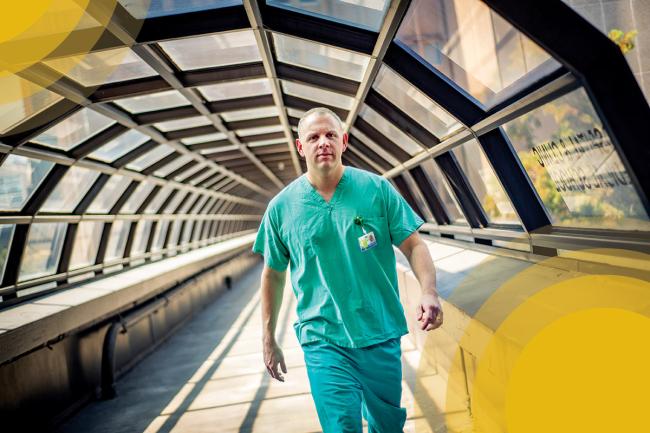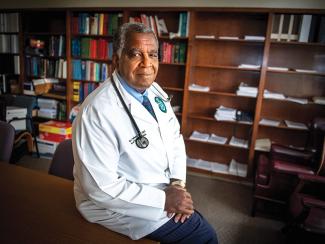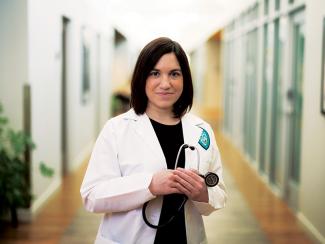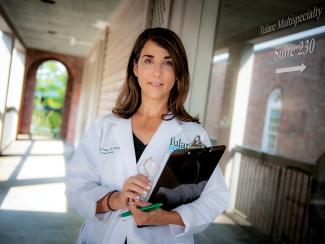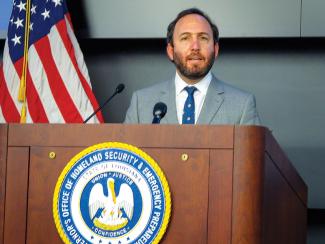It was March 11, 2020, and the World Health Organization had just declared COVID-19 a worldwide pandemic. In the next two years, the virus would go on to infect half a billion people, killing more than 6 million, across the globe. But, when the WHO pronouncement came down initially, New Orleans was already in the thick of it, having seen its first case on March 9. The then-regional medical director for the Louisiana Department of Health, and currently the state health officer, Dr. Joe Kanter (M ’10, PHTM ’10), an emergency medicine physician, had already heard about the cluster of cases on the West Coast.
“We went from that very first case to 10 cases in the blink of an eye, and it progressed exponentially after that,” remembered Kanter. “It became apparent just how serious this was already when we realized that first patient had not been involved in international travel, or any travel, for that matter. This was beyond the canary in the coal mine.”
For Dr. Josh Denson (TC ’06, SSE ’08, M ’11), who spends his workdays in the intensive care unit, his first case in Louisiana is one he won’t ever forget. Denson is assistant professor of pulmonary diseases and associate director of the Pulmonary and Critical Care Fellowship Program at the Tulane School of Medicine.
“The first case of COVID-19 in Louisiana was diagnosed at the VA,” said Denson. “Later that day, at UMC, I intubated the first person in Louisiana to be put on a ventilator. Although this patient hadn’t traveled to or from New Orleans, he was in a very public sort of job where he came in contact with a lot of people on a daily basis. There was a sense of impending doom. We got three more COVID patients on that first day.”
A month later, the virus was no longer just the conundrum that doctors were trying to get a handle on. It was already taking its toll on those we knew. For Tulane cardiologist and Professor of Medicine Dr. Keith Ferdinand, it hit close to home.


